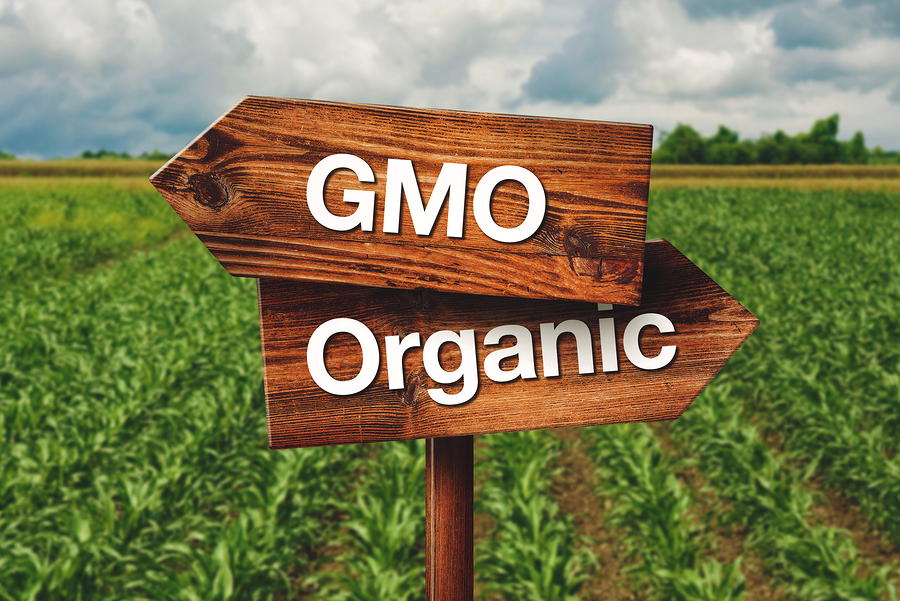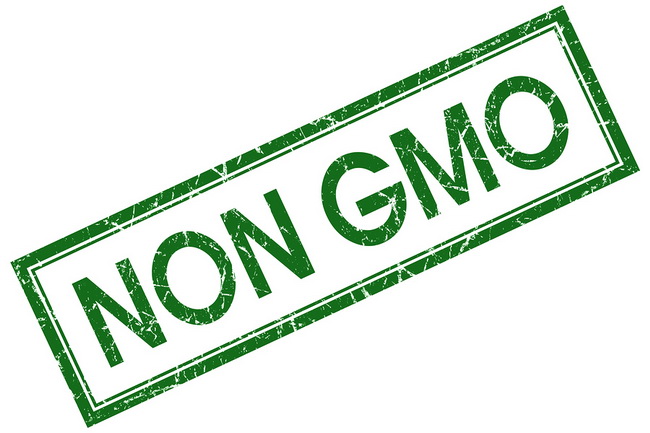- Make It Yourself Lavender Heart-Shaped Bath Bombs!
- 20 Things You Never Knew About “Down There”
- 12 Best Foods For Those Suffering From Arthritis Pain
- 12 Personal Hygiene Mistakes Almost Everyone Makes (Mom Never Told You About #4!)
- 15 Medicinal Plants And Herbs From The Cherokee People
- 12 Mind-Blowing Benefits Of Drinking Coconut Water During Pregnancy
- 12 Outstanding Winter Foods That Won’t Fatten You Up Like A Christmas Turkey
Americans Overwhelmingly Reject Monsanto In Favor Of Organic Foods

Photo credit: bigstock.com
If trends continue the way that they have been, every single farmer who has knuckled under to Monsanto will be kicking themselves when they realize that Americans simply aren’t going to eat their Frankenfoods! Sorry Monsanto and Big Agra, but the organic food industry is booming!
Did you know that much of the organic produce sold in America actually comes from Mexico? Mexico has a strict ban on GM crops and is filled with small farmers who are only too happy to grow organic produce and sell it to the US. We also import a great deal of organic corn from Romania and organic soy from India. Imagine the money we could be keeping right here in the good old USA if farmers would only listen to the American people and give them what they want!
The truth is that organic farming in America does not get the support it deserves. Encouraging farmers to develop fertile soil through crop rotating and by using compost, manure, and clover is one way of producing non-toxic foods. While America is not in a food crisis, per se, we might be if we continue to grow our corn and soy with the main purpose of it being animal feed or cooking oil. We are also going to use GM corn as ethanol. As of this article, there are 5,000 acres of Endogen-brand corn being grown in Kansas. This corn is designed to be used as ethanol while using less water and energy to grow it.
Continue to Page 2

Photo credit: bigstock.com
This makes sense when you consider that Americans won’t eat these Frankenfoods, but now, even other countries are turning away these foods. China has recently refused at least 12 shipments of GM corn. How can we expect other countries to accept these crops when even the farmers who grow them won’t eat them? Farmers all over the world, including in Argentina, India, and, of course, Mexico, won’t grow these crops either.
This is because, after many years of falling sales, organic produce is making a big comeback. And we do mean big! The demand for organic produce is huge, and supermarkets say that customers are more willing than they were in the past to pay a higher price for these healthier foods.
Experts believe that better product availability is helping to drive up demand, as is a powerful marketing campaign by both growers and retailers, encouraging the consumption of organic foods.
It’s more than just produce. Organic dairy products are in high demand, outperforming conventional dairy product sales by a huge margin. Organic cheese is up 45 percent, organic whole milk an incredible 40 percent, and organic fruits are up as much as 60 percent! Also, 54 percent of all baby food sold is organic.
During the recession, consumers were more interested in the health of their wallets than they were in their health, and pricier foods, such as organic foods, fell by the wayside.
Organic farmers also believe that they are better at explaining the benefits of organic foods to consumers. This, along with the truth that is being exposed about GM foods, has led to this increased awareness in the benefit of going organic.
Of course, recent food scares have also helped to improve organic food sales. When it was discovered in 2013 that some supermarkets and restaurants were using horsemeat that was labeled as expensive cuts of beef, many supermarkets found that meats labeled as being organic or free range were suddenly in higher demand than ever before. People want to know what is in their food and where it was grown.
READ ALSO: 12 Do’s and Don’ts to Avoid Buying and Eating GMO Foods
So to all you Monsanto or Dow farmers, we would like to say, “We told you so,” but that would be cruel. Instead, we are going to say, “It’s never too late to switch.” We hope you jump on the organic bandwagon, too!
References:
































